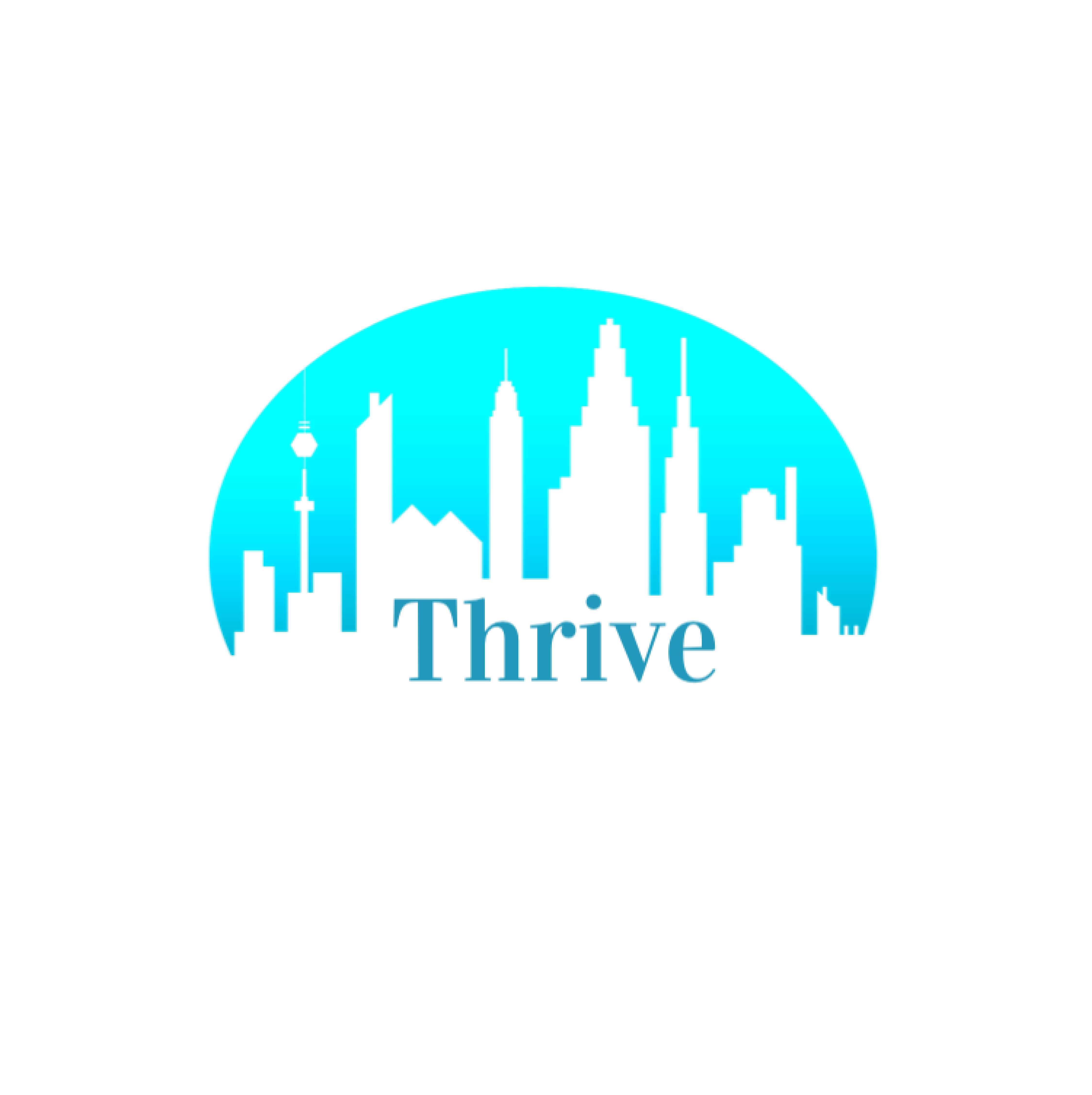Consensus decision-making goes beyond reaching agreements; it’s a collaborative team-building tool that fortifies organizational culture, particularly in small businesses, nonprofits, and values-driven organizations. Instead of relying solely on majority rule or top-down and silo-centric authorities, consensus emphasizes inclusive participation, ensuring that all voices are heard and respected. Decisions are only made when the entire group supports or at least can accept the outcome.
The process highlights dialogue, empathy, and compromise. Team members actively engage in discussions, raise concerns, propose alternatives, and co-create solutions. By involving everyone, they develop a stronger sense of investment in the outcome, leading to increased commitment, accountability, and follow-through. As a cultural tool, consensus decision-making reinforces values such as transparency, trust, shared leadership, and respect. It encourages active listening, thoughtful reflection, and the ability to balance personal opinions with group needs. Over time, this fosters a culture where collaboration and mutual understanding are the norm, rather than the exception.
When implemented effectively, this method can mitigate power imbalances, prevent groupthink, and uncover creative ideas that might otherwise be overlooked. It also enhances emotional intelligence and psychological safety, which are essential for effective teamwork and innovation. However, consensus decision-making requires time and patience. It may not be suitable for urgent, high-stakes decisions. To be successful, teams need clear facilitation, established ground rules, and the ability to manage conflicts constructively.
Despite these challenges, when integrated into a team’s culture, consensus decision-making promotes deeper alignment and stronger solidarity. It’s not just about achieving a unanimous “yes”—it’s about building a team where every member feels valued, empowered, and accountable for the collective success. In essence, consensus decision-making strengthens both decisions and relationships, making it a potent tool for long-term organizational health and team cohesion.
Tyler de la Plaine, Founder and Principle Consultant
Thrive Venture Consulting — bringing people and ideas together.
